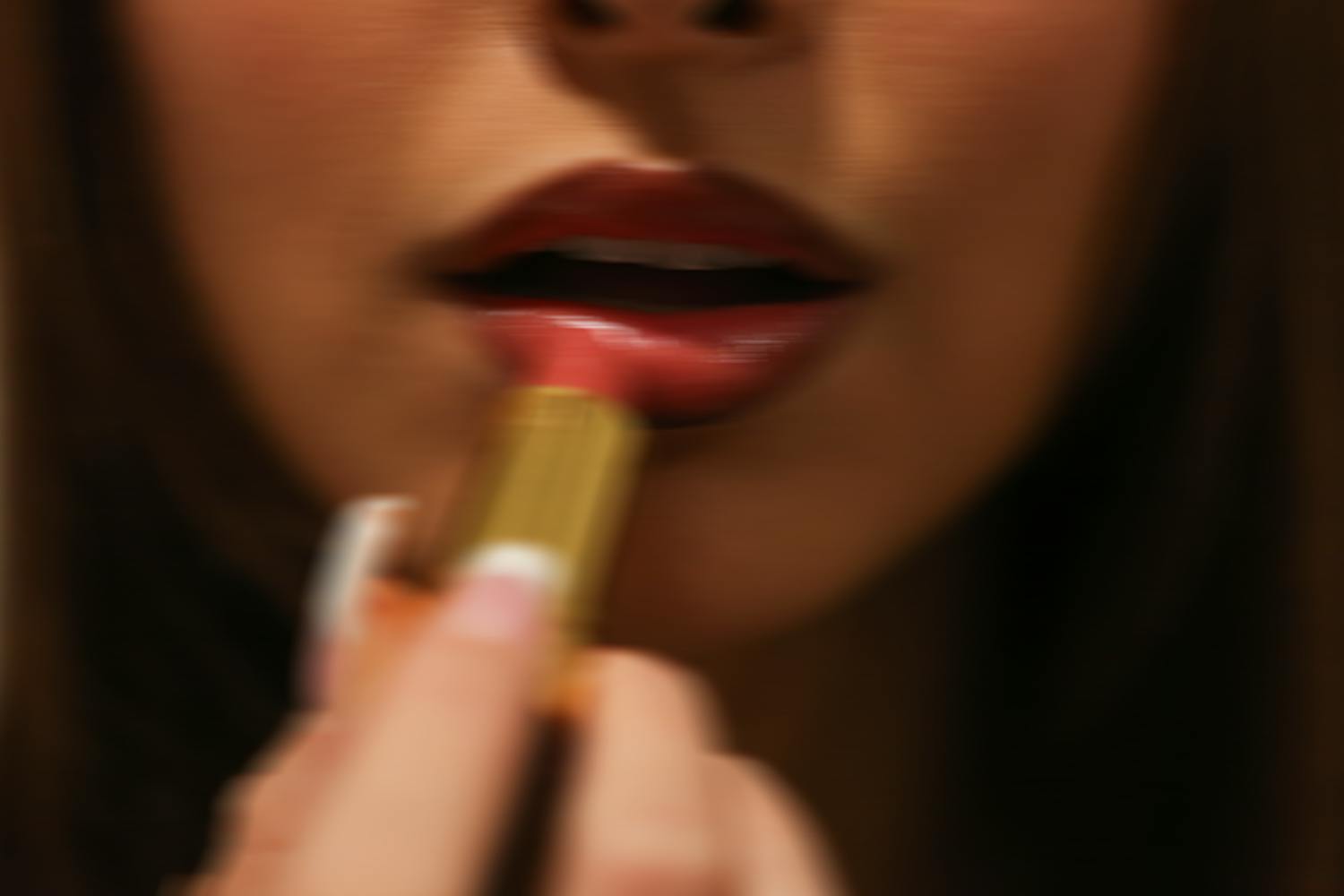In an era of progressive movements and rapidly expanding attitudes toward women’s rights to their own bodies, the dialogue on female sexuality, and in particular virginity, seems to have hit a wall.
Last week, The New York Times ran an op-ed piece by Amanda McCracken, a 35-year-old self-described “token virgin” among her group of friends.
“I knew I would much rather endure the pain of missing out than suffer the deeper loneliness of having given myself out of love only to realize that the feeling wasn’t reciprocated,” McCracken explained to readers of her decision to remain a virgin. “However, I was willing to give up a certain sense of pleasure to avoid feelings I feared: betrayal, emptiness, the loss of dignity and control.”
McCracken’s story is nothing new. In a global context and amid our own swiftly changing social climate, it’s difficult to define what even constitutes a virgin anymore. At one point, McCracken notes that feminists are likely to fault her for not taking advantage of her sexuality.
It’s true, the bewildered critics of McCracken’s decision may be misinformed. The decision is after all, hers and hers alone. However, one of the core tenets of feminism is not to shame women for what they choose to do with their bodies but to embrace it, as long as they’re aware of and content with their decisions.
McCracken’s narrative opens up a door for conversation about our society while simultaneously highlighting a core problem: There is still a disturbing lack of real dialogue occurring for young people regarding their own sexuality and virginity.
According to the Center for Disease Control, almost 10 percent fewer 15- to 19-year-olds are having sex now than they were in 1988. Additionally, individuals are putting off other important milestones such as leaving home, finishing school, marrying and bearing children.
These figures may not mean much to many people, but they do provide a stark contrast to the idealized picture of sex and the widely-held notions of when we are expected to begin having it and living our lives.
As it stands, the reinforced concept of virginity seems to have clear emotional divisions among men and women. For women, it is an internalized process to be gifted to another. For men, it is an external experience to be lost to finally gain entry into manhood.
Of course, this is a broad generalization that in no way sums up each individual’s unique experience with virginity. Then again, isn’t that the way society has evolved to make us feel about our own, unique sexual experiences?
In an effort to break the mold on the stagnant conversation about sex, filmmaker Therese Shechter explores the issue in her documentary “How To Lose Your Virginity.”
The film premiered Nov. 17 in New York City and attempts to debunk the “myths and misogyny surrounding a rite of passage that many obsess about but few truly understand.”
By speaking with real people and their individual experiences with virginity, Shechter wanted to shatter any illusions or misconceptions that young people might have about the experience.
“It's not this magical moment when everything changes,” Shechtertold PolicyMic on Nov. 14. “I don't think we can get rid of the term, but I'd just like to broaden our understanding of what it means and how it affects us. I would love to think about becoming a sexual person as part of a process — as something that happens over a long period of time.”
Instead of turning young people’s virginity into a “gift” or a burden to be shouldered, we should continue opening up avenues for conversation, as McCracken and Shechter have done.
However, instead of McCracken having to make excuses for her virginity and sexual preferences, we should begin fostering a world where this behavior will no longer warrant a column defending her actions in the New York Times.
It is only by listening to the experiences of real individuals in our lives and in our social spheres that we can truly begin to shatter any delusions we have that force us to place these rites of passage on a pedestal where they do not belong.
Reach the columnist at llonghi@asu.edu or follow her on Twitter @lolonghi.



